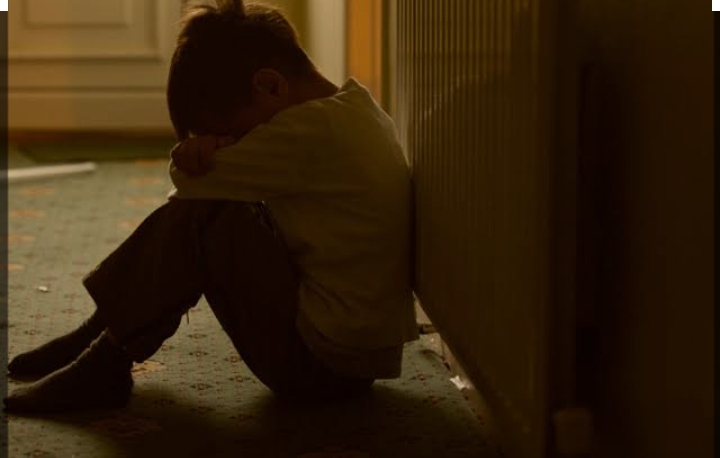The one-day conference for the boy child held on Friday, September 6, 2024, at the Victor Uwaifo Creative Hub in Benin City, the Edo State capital, brought together an engaged audience of mental health advocates, educators, parents, and policymakers.
The event, convened by Miss Mercy Igori and put together by Growth Journey with Mercy, focused on a growing but often overlooked issue—the mental health struggles faced by boys in Nigeria. With the theme, “Empower the Boy Child, Secure the Future”, the atmosphere was charged with a sense of purpose and urgency to address this silent crisis.
From the outset, it was clear that the conference was long overdue. Bright banners welcoming attendees reflected the importance of creating a safe space for boys to express themselves. The highlight of the event was a compelling keynote speech by Dr. Moses Ekhator, a mental health advocate, whose powerful words resonated with the crowd.
“We have focused so much on empowering the girl child, and rightly so,” Dr. Ekhator acknowledged, “But boys, too, are silently suffering. Societal norms force them to hide their emotions, teaching them that expressing pain is a weakness. If we do not address this now, we risk raising a generation of men who are emotionally crippled, and the consequences will be devastating for our society”.
The audience erupted into applause as Dr. Ekhator made a passionate call for parents, teachers, and community leaders to provide safe spaces for boys to express their emotions without fear of judgement. He emphasized that mentally well boys grow into emotionally balanced men who contribute positively to their communities.
Throughout the day, panel discussions shed light on various mental health challenges boys face, including depression, anxiety, and the pressure to conform to traditional masculine norms.
A child psychologist, Mrs. Clara Ojeaga, stressed the importance of early intervention in tackling these issues.
“It’s not just about toughening up,” she said. “We need to teach boys emotional intelligence from a young age, giving them tools to understand and manage their feelings.”
A particularly moving moment came when 17-year-old David, a conference participant, bravely shared his personal battle with depression.
“I grew up believing I had to be strong and showing emotion was weak. Bottling everything up only made things worse,” he said. “It wasn’t until I got help that I understood vulnerability is not a weakness, it’s human.”
The day concluded with participants agreeing on actionable steps, including mental health programmes in schools, parenting workshops on emotional intelligence, and campaigns to reduce the stigma around boys and mental health. The energy in the room was one of hope, as attendees left committed to championing the mental health needs of the boy child in their communities.
Reflecting on the event, it is clear that the boy child has been overlooked for too long in mental health discussions. The conference made it clear that now is the time to give boys the attention, care, and support they desperately need.


